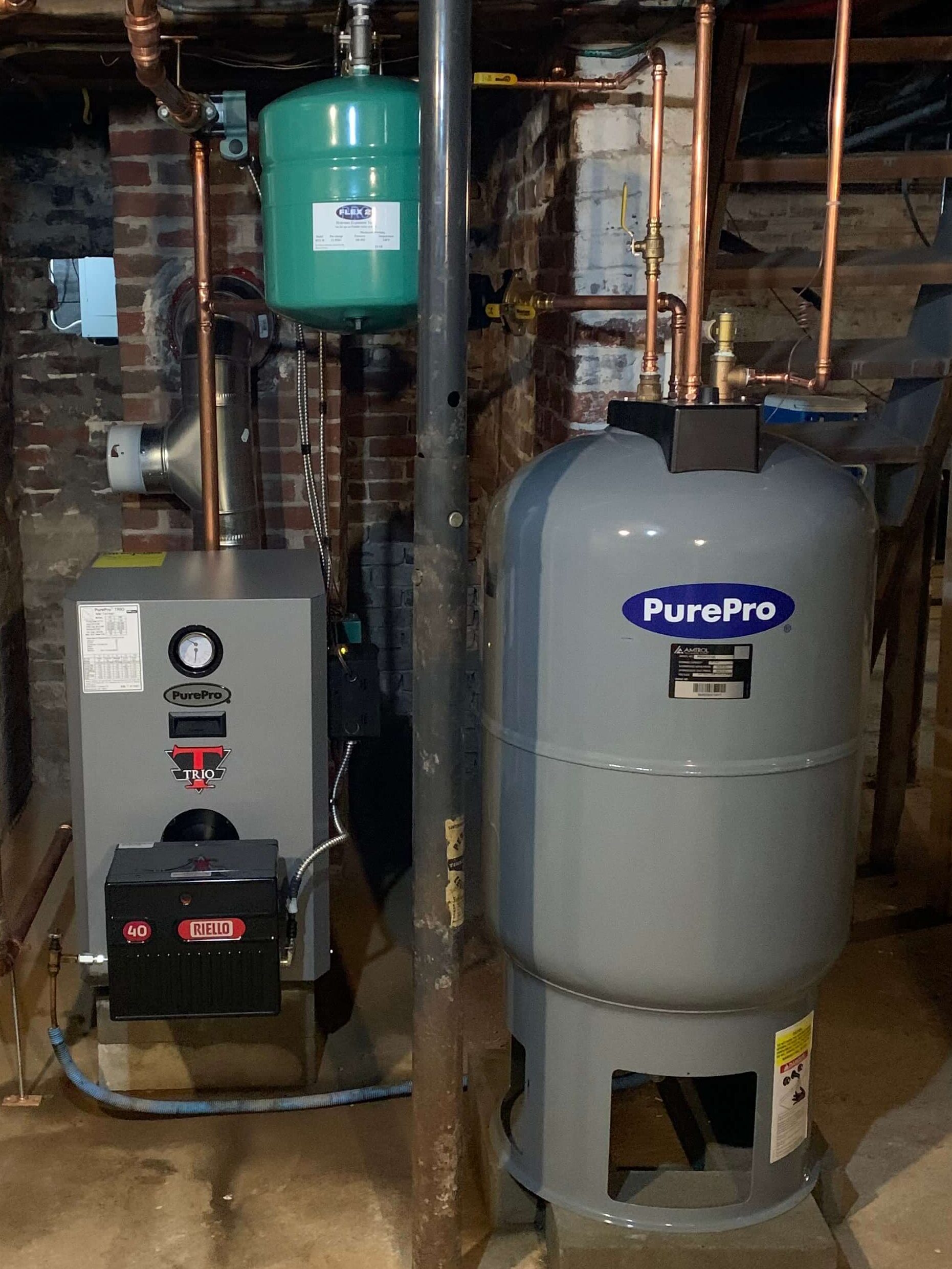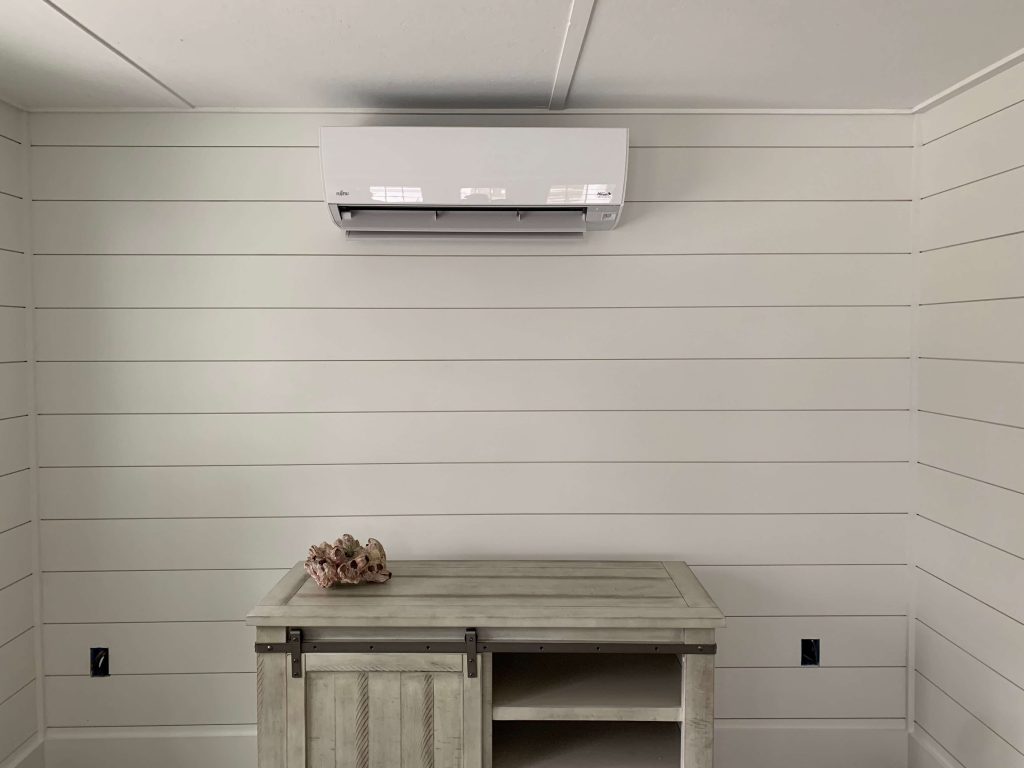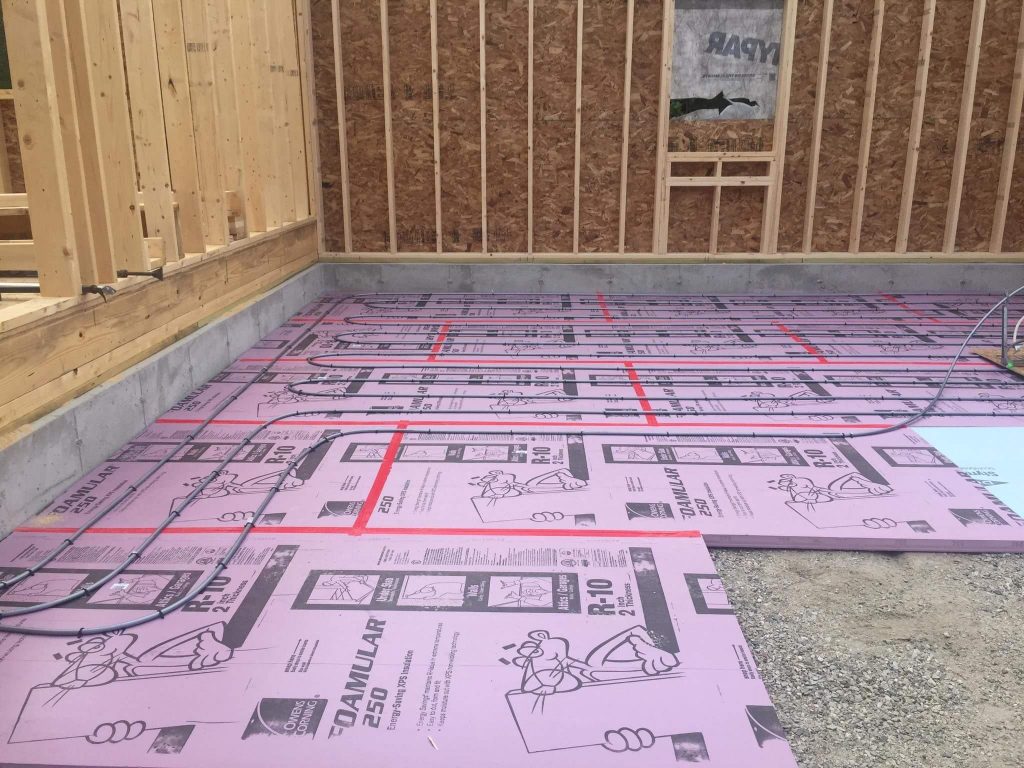What is the Best Heating System for Living in Maine?
The type of heating system you have plays a huge role in the energy consumption of your home.
When it comes to heating systems, mostly we just want them to work when we need them. But with energy efficiency and renewable energy more top of mind these days, the type of heating system a house uses plays a large role in the energy consumption of that home. So what heating system is best for your home?
Hot air furnaces and forced hotwater boilers are the heating systems we are most familiar with in the Northeast. The new models are fairly energy efficient, and can help homeowners save money on utility costs compared to the heating systems of yesterday. There are also heating alternatives available now that can dramatically increase your savings while delivering the same reliable comfort the more traditional systems do.
Which type of heating system is right for you really depends on your individual circumstances, fuel preferences and needs. We’re giving you a rundown on the main types of heating systems available for your Maine home so you can compare and consider what you prefer:
Furnaces
The term “furnace” is almost a universal term used to describe a home heating system. However, they are a particular type of heat delivery system, and different than their standard counterpart boiler. A forced hot air furnace works by blowing heated air through air ducts and out air registers installed throughout the home. Furnaces can be powered by electricity, fuel oil, or natural gas.

Advantages to Furnaces:
- Less Expensive To Install
- Easy To Install
- No Risk Of Water Leaks
Disadvantages of Furnaces:
- Poor Air Quality
- Less Efficient than Boilers
- Duct Installation is Very Destructive to a Building
Boilers
Many people think of a boiler as a large, commercial heat application. However, boilers offer an efficient heating alternative from long-lasting equipment. Forced hot water boilers used heated to circulate heat throughout your home via a system of pipes or PEX tubing. This heated water is then distributed via valves or circulator pumps to installed radiators, baseboard heaters, or radiant heat tubing.
Advantages to Boilers:
- Lower Energy Costs
- Greater Fuel Efficiency
- No Drafty Heat Delivery
- Consistent Heating
- Typically Require Less Maintenance than Other Systems
Disadvantages of boilers:
- Higher Cost to Install Than A Furnace
- Boilers Can Leak if Not Maintained
- Difficult to Convert to Another Heating System Later On
Heat Pumps
We usually think about wintertime when we talk about heating systems, but there is a year round system that promises comfort all year – when the weather is cold or hot. Heat pumps are growing in popularity exponentially, and for good reason. They are extremely energy efficient, and offer central heating and air conditioning all from one small unit.

Over the course of an average year, heat pumps save 20-70% on their annual heating and cooling bills. Savings average 40 – 50% annually.
Heat pumps work by moving heat, rather than generating heat. This is what makes them so efficient compared to traditional heating systems. A heat pump unit consists of an outside equipment called the condensing unit, and a heat pump air handler that is installed inside the house. While they should be installed by a licensed technician, heat pumps require much less space and far less disruption to install.
According to the EPA, heat pumps can reduce electricity usage for heating by up to 50% compared to electrical furnaces and baseboard heaters.
Advantages to Heat Pumps:
- Extremely Energy Efficient
- Lower Utility Costs
- Require Less Space
- Quiet Operation
- Improved Indoor Air Quality
- Rebates & Incentives Offered
Disadvantages of Heat Pumps:
- More Expensive to Install than Furnaces or Boilers
- May Require More than One Interior Unit
- Visible From The Outside Of The Building
- Leave Basement and Unfinished Areas at Risk
Radiant Heat
Radiant heat gets a bad rap because people still consider it too expensive or only for high-end installation. However, radiant heat technology has come a long way, and it’s another extremely energy efficient heating system option. Usually installed beneath flooring materials, radiant heating offer silent, evenly distributed, consistent heat. Installed beneath flooring and behind walls, radiant heat is virtually invisible so as to not disrupt room décor or style.

Advantages of Radiant Heat:
- Extremely Energy Efficient
- Easy To Install
- Uniform Heating
- No Maintenance Required
- Silent Operation
- Non-Allergenic
Disadvantages of Radiant Heat:
- Flooring Must Be Removed
- Slightly Elevates The Floor Height
- Can Take Longer to Install
- Can be More Expensive (Offset by Energy Savings)
- Best for New Construction-Additions-Renovations
What type of heating system is right for you?
What type of heating system is right for your home really depends on many factors. It hinge on factors such as visual aesthetics, budget, noise and space considerations. However, a system that may be more expensive to install may save you significantly enough in energy costs to pay for the difference in only a matter of years. Your heating system contractor should have formulations to help you figure that out.
Here are some other considerations:
- New construction versus retrofitting a system in existing home
- Budget
- Fuel Type
- Preferred Delivery Method (Ducts, Radiators, “Invisible” Radiant)
- Desired Energy Efficiency
- Building Design & Room Layout
- Heating & Cooling Needs
Protect Your Investment
No matter which type of heating system you choose, making it a point to take good care of it through annual maintenance and cleaning will extend the life of the system and protect your investment. Good maintenance also maintains energy efficiency, and ensure the system is operating safely.
Maine Heating Installation
At Warm Waters, we install all types of heating systems! We are happy to discuss your particular needs and help you determine which type of system will work best for you. Please contact us with your questions!
